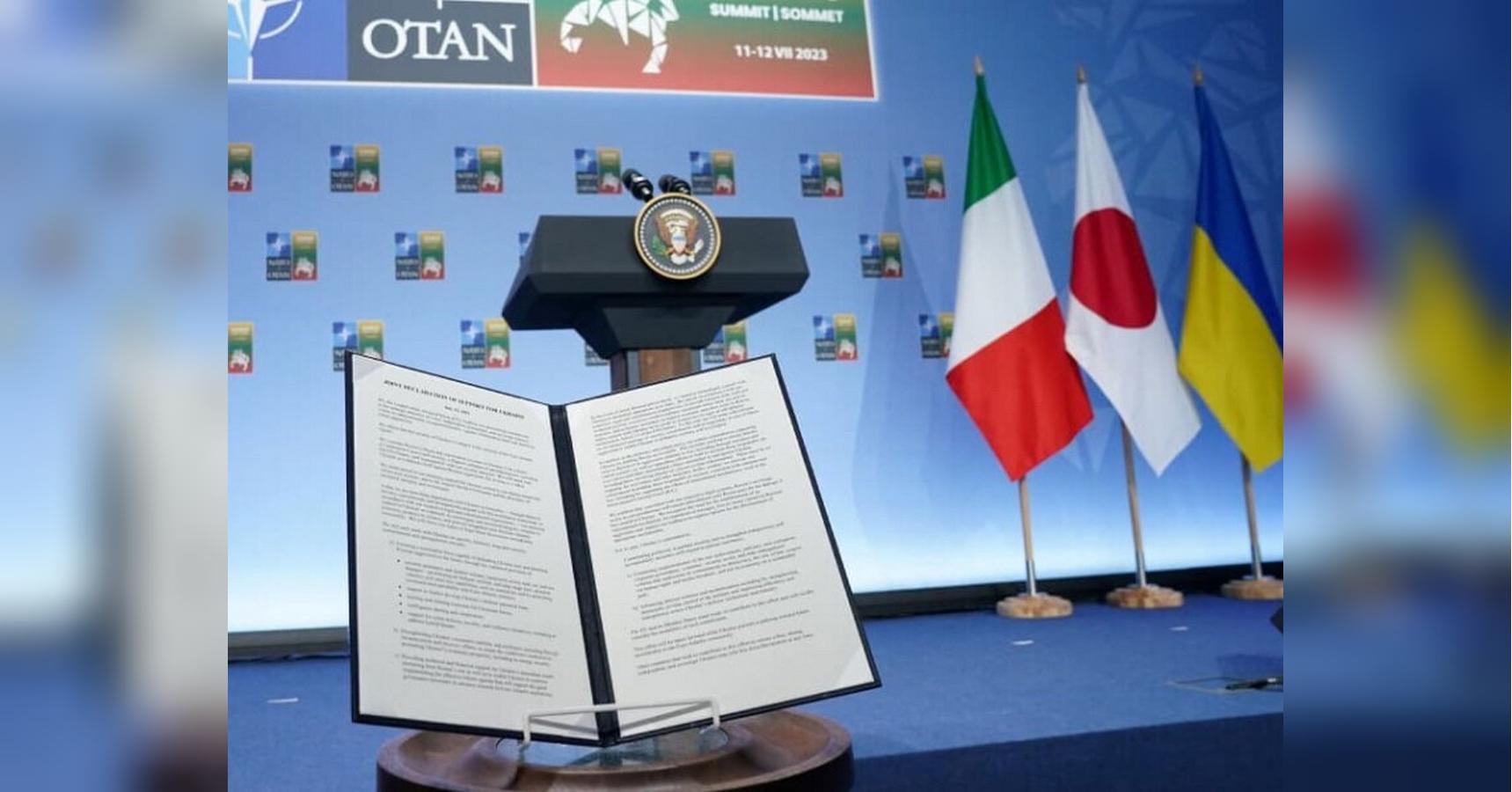Headline:
UPLM Urges Marcos Jr. to Rejoin Rome Statute Amid Human Rights Concerns
Article:
In a powerful statement released on October 30, the Union of Peoples’ Lawyers in Mindanao (UPLM) implored President Ferdinand Marcos Jr. to support the Philippines’ re-entry into the Rome Statute, signaling a renewed commitment to international human rights standards and accountability. This appeal follows the Philippines’ controversial withdrawal from the international treaty under former President Rodrigo Duterte, which had significant implications for prosecuting crimes against humanity and war crimes.
Understanding the Rome Statute and Its Importance
The Rome Statute serves as a cornerstone for the International Criminal Court (ICC), which holds individuals accountable for serious international crimes, including genocide, war crimes, and crimes against humanity. This treaty empowers the ICC to act when national judicial systems fail to prosecute these serious offenses. The Philippines, a former member, withdrew from the Statute in March 2019, amidst ongoing scrutiny regarding the Duterte administration’s infamous war on drugs—an effort that has faced severe condemnation for alleged human rights violations.
Duterte’s administration argued that ICC investigations infringed on Philippine sovereignty and claimed that withdrawal halted any proceedings relating to human rights abuses in the country. Critics, however, assert that this decision allowed a culture of impunity to flourish.
A Call for Accountability
During a press conference, UPLM Chairman Antonio Azarcon emphasized the critical need for the Philippines to reaffirm its commitment to human rights through the Rome Statute. “In a civilized society, there is no room for impunity. Accountability must extend beyond words to meaningful legal processes,” Azarcon stated, stressing that no official should be exempt from scrutiny.
The heartfelt appeal from the UPLM underscores the belief that rejoining the Rome Statute would not only enhance the Philippines’ standing in the international community but also reinforce mechanisms of accountability for all leaders, current and future.
The group also voiced strong disapproval of Duterte’s behavior during a Senate hearing on October 28. They labeled his actions as “unbecoming and disrespectful,” suggesting that such conduct undermines public accountability and the integrity of democratic institutions.
Duterte’s Senate Hearing: A Controversial Moment
Arvin Dexter Lopoz, the spokesperson for the UPLM, criticized Duterte’s “evasive and combative” demeanor during the Senate blue ribbon subcommittee hearing, asserting it contradicted the principles of transparency and respect toward elected officials. “By behaving this way, Duterte disrespects the Senate’s authority, eroding public trust in government,” Lopoz remarked.
Moreover, UPLM accused some senators of enabling Duterte’s conduct, which they claimed threatens the Senate’s reputation as an independent body. “This unchecked behavior perpetuates a culture of impunity, sending the message that accountability is optional for the powerful,” the UPLM warned.
In a direct challenge to the Senate leadership, UPLM called on Senator Aquilino Pimentel III and Senate President Francis Escudero to impose appropriate disciplinary measures on the former president unless he adheres to the expected decorum in future hearings.
Demands for Justice Amidst a Troubling Legacy
UPLM’s statement specifically called for accountability of Duterte’s administration regarding the extrajudicial killings that occurred during his controversial war on drugs. The group underscored the principle of command responsibility, highlighting that Duterte must answer for the actions taken by law enforcement, which included terrible instances like the death of Kian delos Santos, a young student whose killing exemplified the dire consequences of excessive violence under state-sanctioned policies.
“Duterte’s claims of responsibility for police operations reflect a selective approach to accountability. He fostered an environment where law enforcers operated with a license to kill,” UPLM asserted. They further contended that Duterte’s attempts to distance himself from specific abuses reveal a troubling unwillingness to engage with the broader consequences of his policies.
The Path Forward
As the UPLM continues to advocate for the restoration of the Philippines’ place within the Rome Statute, the implications for human rights and justice remain significant. Supporting the ICC would signify a commitment to preventing future atrocities and reinforcing a system of accountability for all leaders, an essential component for any democratic society.
At this critical juncture in Philippine history, the decision by the Marcos administration to support, or not, the return to the Rome Statute will undoubtedly resonate with both domestic and international audiences, potentially redefining the nation’s approach to human rights and governance.
Engaging with these pressing issues will be crucial in nurturing public discourse and advocating for the dignity and rights of all citizens. Share your thoughts in the comments below or connect with others who are passionate about human rights advocacy.


